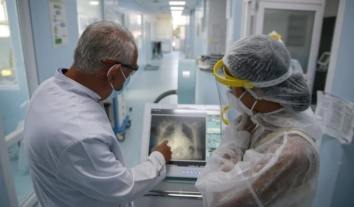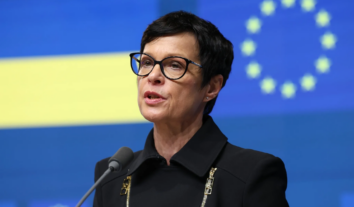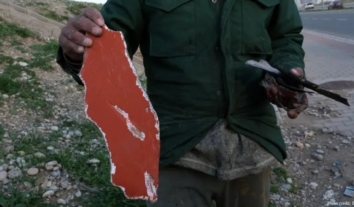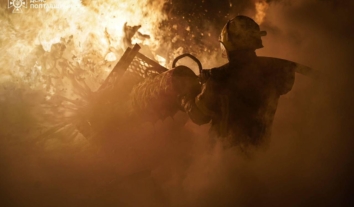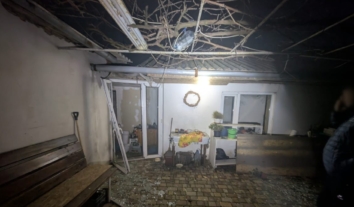EU explains why it still recognises Vladimir Putin as Russia’s president
The European Commission explained on May 8, 2024, that the EU recognises Vladimir Putin as Russia’s “president” because there is no unanimous position among all EU member states about his legitimacy as a ruler.
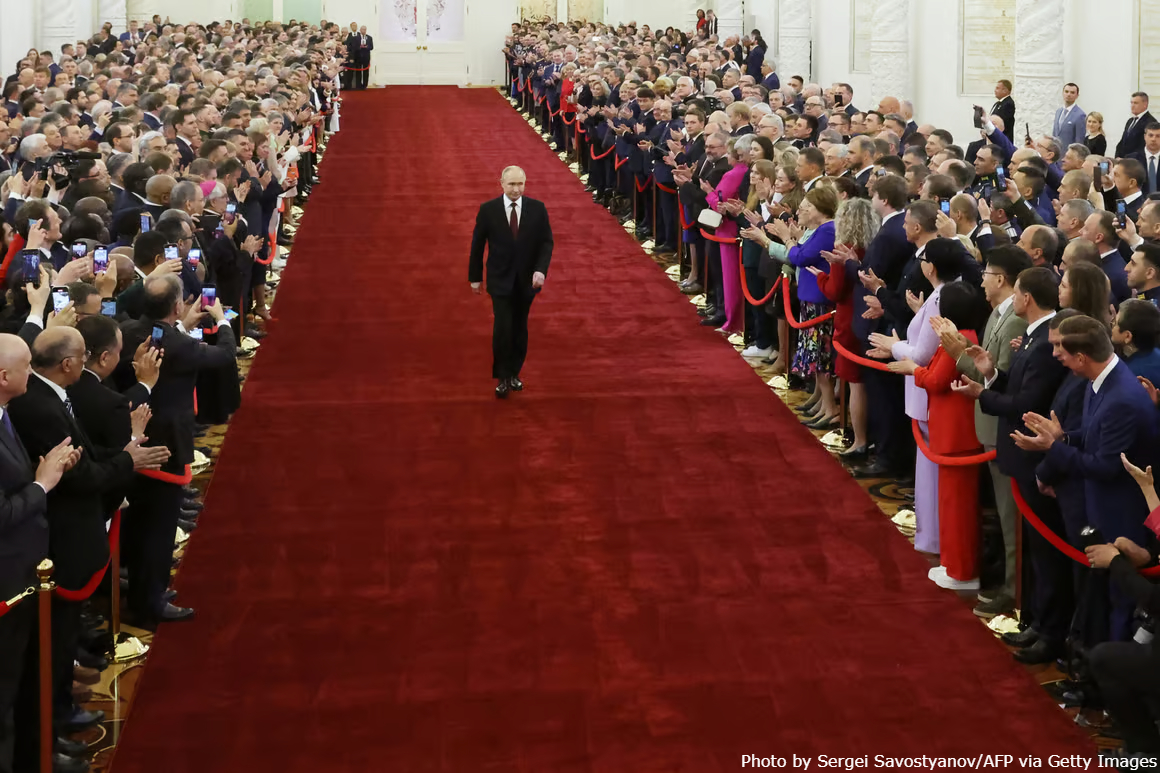
According to Peter Stano, spokesperson for the EU External Action Service, the EU, as such, does not have the authority to recognise or not recognise anyone’s authority. This sort of decision is traditionally made by member states.
“Of course, when the member states in unanimity, 27 of them say that they don’t consider someone a legitimate representative of a country, like we did in the case of the Syrian leader, Assad, or the dictator in Belarus, Lukashenko, then we can have this position,” he said at a briefing in Brussels.
In the case of Russia, there is no EU-wide position agreed by 27 that says we do not see Putin as a legitimate representative of Russia.
Stano reported that the EU expressed a consensus on the so-called “presidential elections” in Russia in a statement of 18 March, which was agreed by 27 member states. In this statement, the EU criticised the Russian “elections” as being held with numerous restrictions, without the participation of a real opposition and taking place, among other things, in the occupied territories of Ukraine.
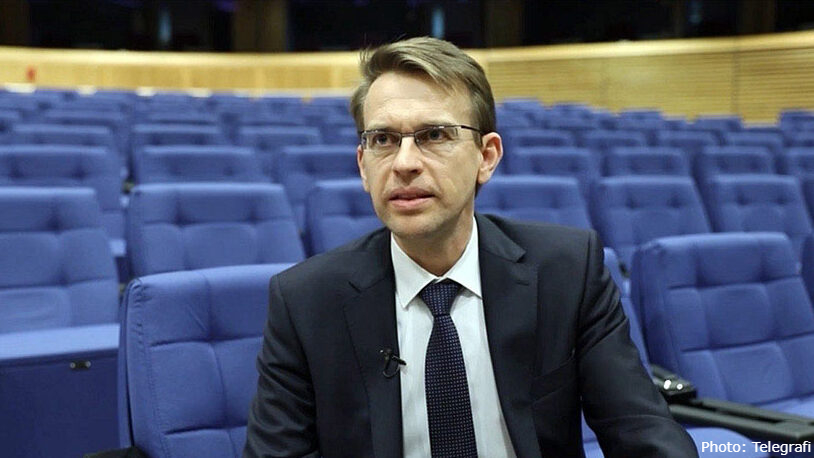 Peter Stano
Peter Stano“So again – the EU’s positions regarding Venezuela, Belarus and Syria, for example, were agreed by 27 member states in defining how we see those people remaining in power… In the case of Russia… there is no common EU-wide agreed position on whether we recognise Putin as a legitimate president,” Stano said.
Earlier, a Ukrainian Watchdog OPORA urged the global community to reject the results of the Russian “presidential election”.
At its meeting on 8 May, Ukraine’s Central Election Commission (CEC) declared the results of Russian ruler Vladimir Putin’s so-called “elections” to be null and void and the Kremlin leader himself illegitimate.
The Central Election Commission recalled that Russia, in violation of international law, held sham “elections” in the temporarily occupied territory.
The press service of CEC notes that the Russians used previously devised methods on the occupied territories that included psychological and physical coercion of Ukrainian residents into a preset “expression of their will,” with the ostentatious activity of “voters” and controlled outcomes.
The CEC claimed that only elections and their results that were organised and conducted in accordance with the provisions of the Ukrainian Constitution and laws, as well as the bodies of their administration established and authorised by Ukrainian laws, can be considered legitimate on the territory of sovereign independent Ukraine.
The CEC urged other states and international organisations not to recognise the results of the so-called “elections” for president of the Russian Federation and Putin’s legitimacy.
Furthermore, the CEC stated that sanctions and other forms of influence should be imposed on Russian Federation officials who supported, organised, and conducted sham elections in Ukraine’s temporarily occupied territory, as well as any cooperation with the aggressor state and its bodies.
The CEC also requested that the Security Service prosecute members of the Russian Federation’s CEC and other officials who organised and conducted sham presidential elections in Ukraine’s temporarily occupied territories, as well as other individuals involved in such activities.
Wanted by the International Criminal Court, Vladimir Putin has been the de facto ruler of Russia since 2000 and will be able to rule the country for another 6 years.

